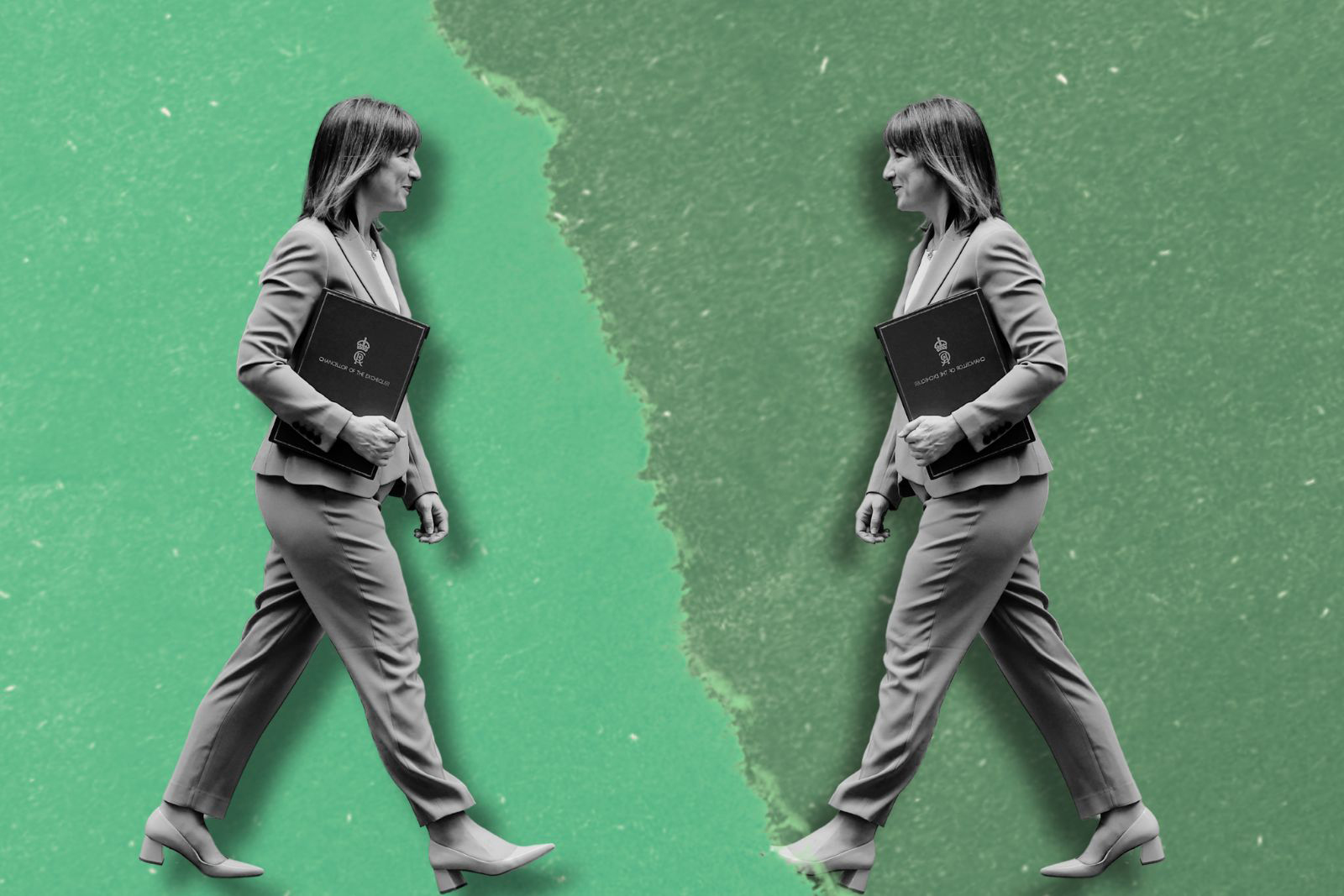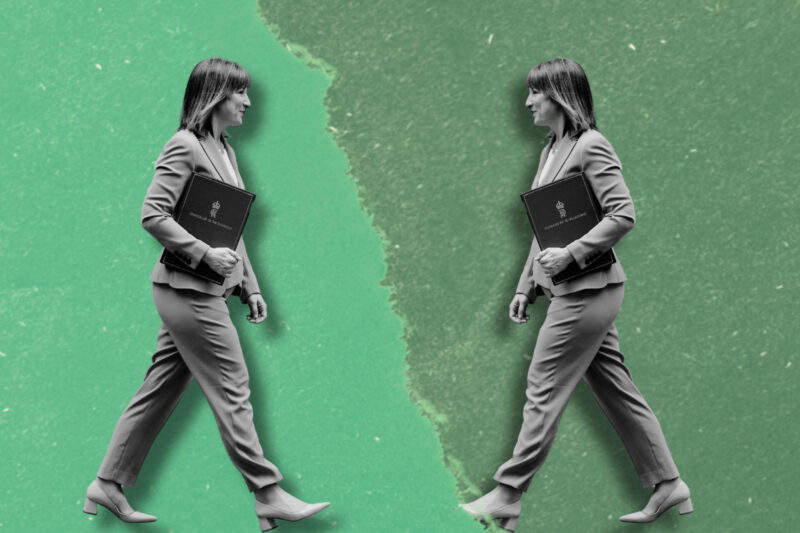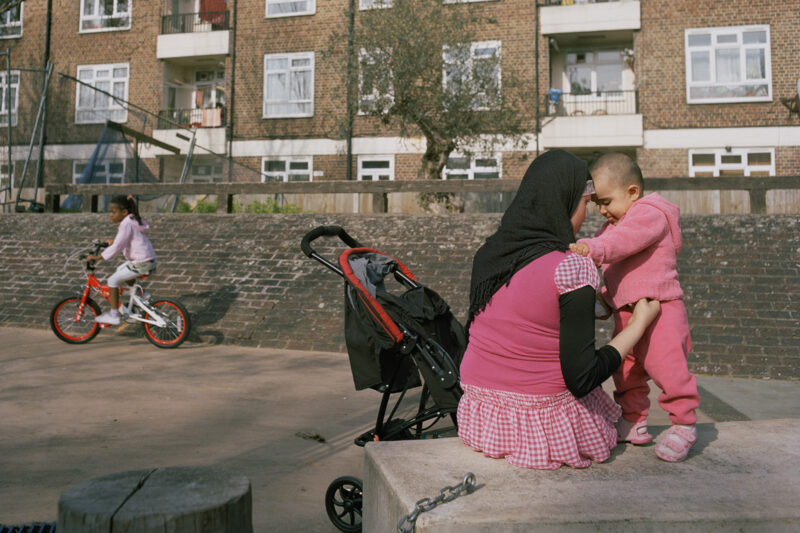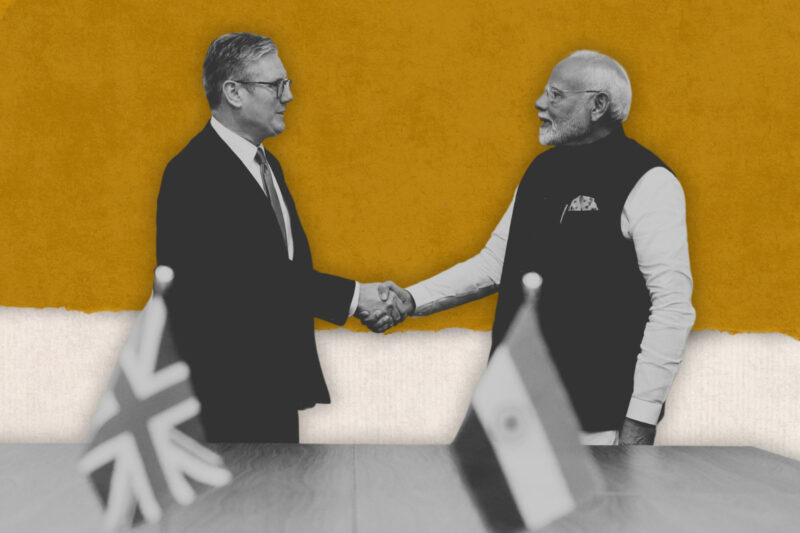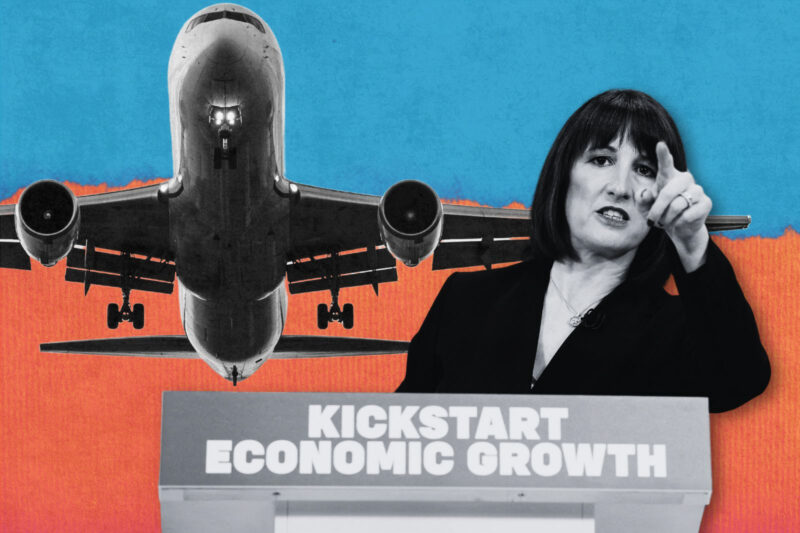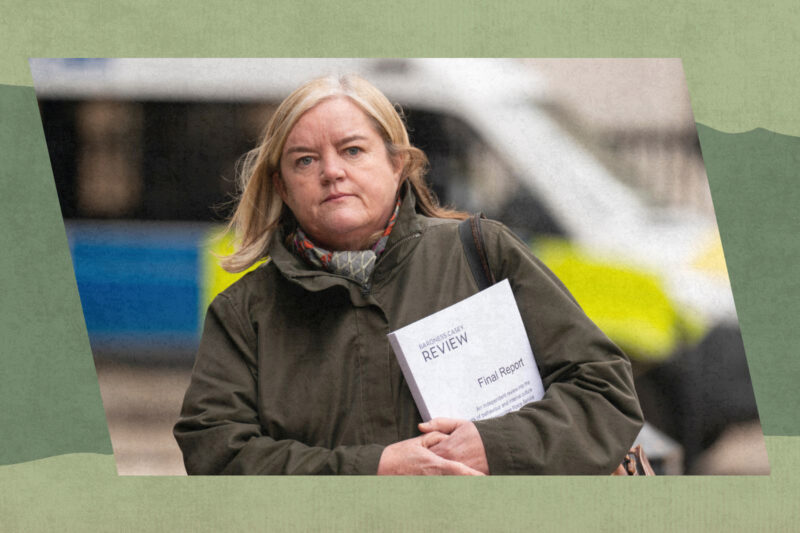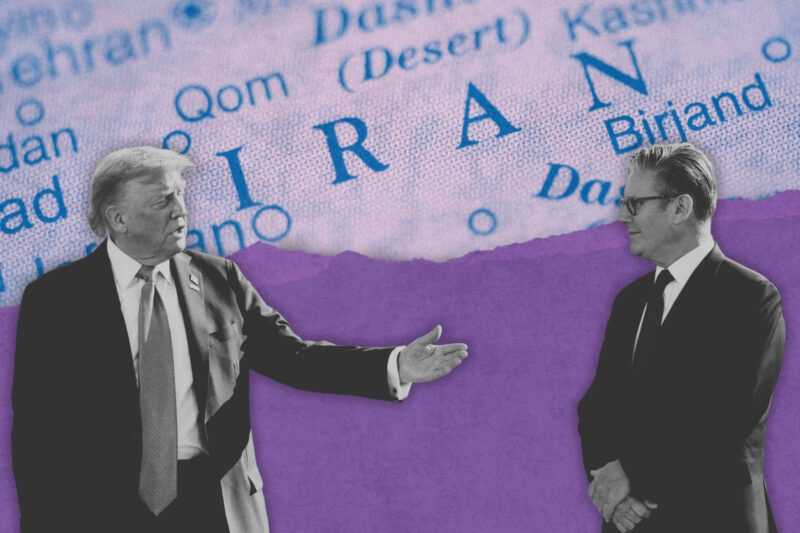Labour’s fiscal rules left it nowhere to turn. Some MPs say it’s an own goal

Chancellor Rachel Reeves pitched herself as a safe pair of hands. But her red lines could damage trust in the party, backbenchers fear
It’s just over a year since Labour took power and Darren Jones, the chief secretary to the Treasury, triumphantly announced that “the adults are back in the room”.
But as the confetti settled and the slogans faded, the harsh light of governance revealed a different truth: grown-ups or not, governing is not easy.
Chancellor Rachel Reeves, who pitched herself as a safe pair of hands with a laser focus on economic growth, is at the forefront of what is arguably Labour’s biggest challenge. The economy shrank again in May and inflation has begun to rise faster than anticipated — a double whammy no chancellor wants. Reeves made growth the centrepiece of her economic strategy and, right now, that centrepiece is beginning to crack.
Reeves imposed a set of rigid fiscal rules on herself that she inherited from the previous Tory government. During the election, I was told by senior Labour sources that this was intended to reassure the markets, though of course it also helped the party shut down any claims by the Tories that it would be reckless with the economy.
A year on, however, those rules — reducing public debt as a share of the economy and ensuring day-to-day costs are met by tax revenues — are well and truly boxing the government in.
Add that to the government’s tax pledges — no hikes to income tax, national insurance or VAT — and Labour really does not have much room to move.
Now, let’s be frank: we have already seen how flexible those promises can be. When the budget dropped last year, the government’s definition of “no national insurance increases” excluded employer contributions. And, just recently, Jones clarified that the income tax pledge only covers “headline rates”, allowing the government to freeze tax thresholds — a move that means inflation will in practice push more people into higher tax bands as their pay creeps up. Economists call it “fiscal drag”; voters might just call it a stealth tax.
The issue is the Treasury is facing a fiscal gap estimated to be around £50bn and there is huge pressure on Labour to improve public services, which will obviously cost money. Plugging that gap without touching the big three taxes is not going to be easy.
The speculation leading up to this week’s Mansion House speech, the chancellor’s annual set-piece address, was intense. Would she cap Isa contributions? Tinker with pensions? Neither of these materialised. Instead, there was some loosening of regulations faced by the financial sector — and a doubling down on those same self-imposed fiscal rules.
Money, though, needs to either be raised or saved from somewhere and Labour has been willing to wield the axe. It attempted to make cuts to winter fuel payments and changes to disability benefits, including personal independence payments (Pips), which sparked widespread anger. Neither measure was flagged in the party’s manifesto and, after U-turns and changes, neither saved a huge amount of money.
One Labour MP told me: “We keep pushing unpopular policies that we didn’t explicitly tell people we were going to do, so they feel misled.” Another said: “People accepted austerity under [David] Cameron because they voted for it. No big rebellions in the Commons because the Tories said they were going to do it. People won’t be happy with our sneaky tax rises or benefit cuts because we didn’t tell them about it.”
This sense of betrayal could have long-term consequences for the party’s popularity. While voters may accept tough choices when they feel they’ve been told the truth, they rarely forgive sleight of hand. It’s not necessarily the policy itself that hurts — it’s the sense of being duped.
Behind closed doors, there’s growing concern that the autumn budget will bring a reckoning. Reeves may have no choice but to reveal the government’s real plan for raising revenue. That could mean going after capital gains, dividend income, Isas, pensions or corporate loopholes. Most experts think skirting around the edges and not explicitly raising one of the big three taxes won’t be enough, but Labour will be desperate to not do it and remains insistent that it won’t.
Over the summer, however, the challenge will be painting the political narrative. Keir Starmer and Reeves have attempted to build their brand on stability and competence. If the cost of that brand is a creeping sense of disillusionment, that will become a huge issue for them.
Labour wanted to be the party of grown-up governance. Now it must contend with grown-up consequences. There are no easy answers. Just trade-offs, difficult choices and the slowly dawning realisation that the promises of opposition often don’t survive the reality of office.
Shehab Khan is an award-winning presenter and political correspondent for ITV News.
 Newsletter
Newsletter



